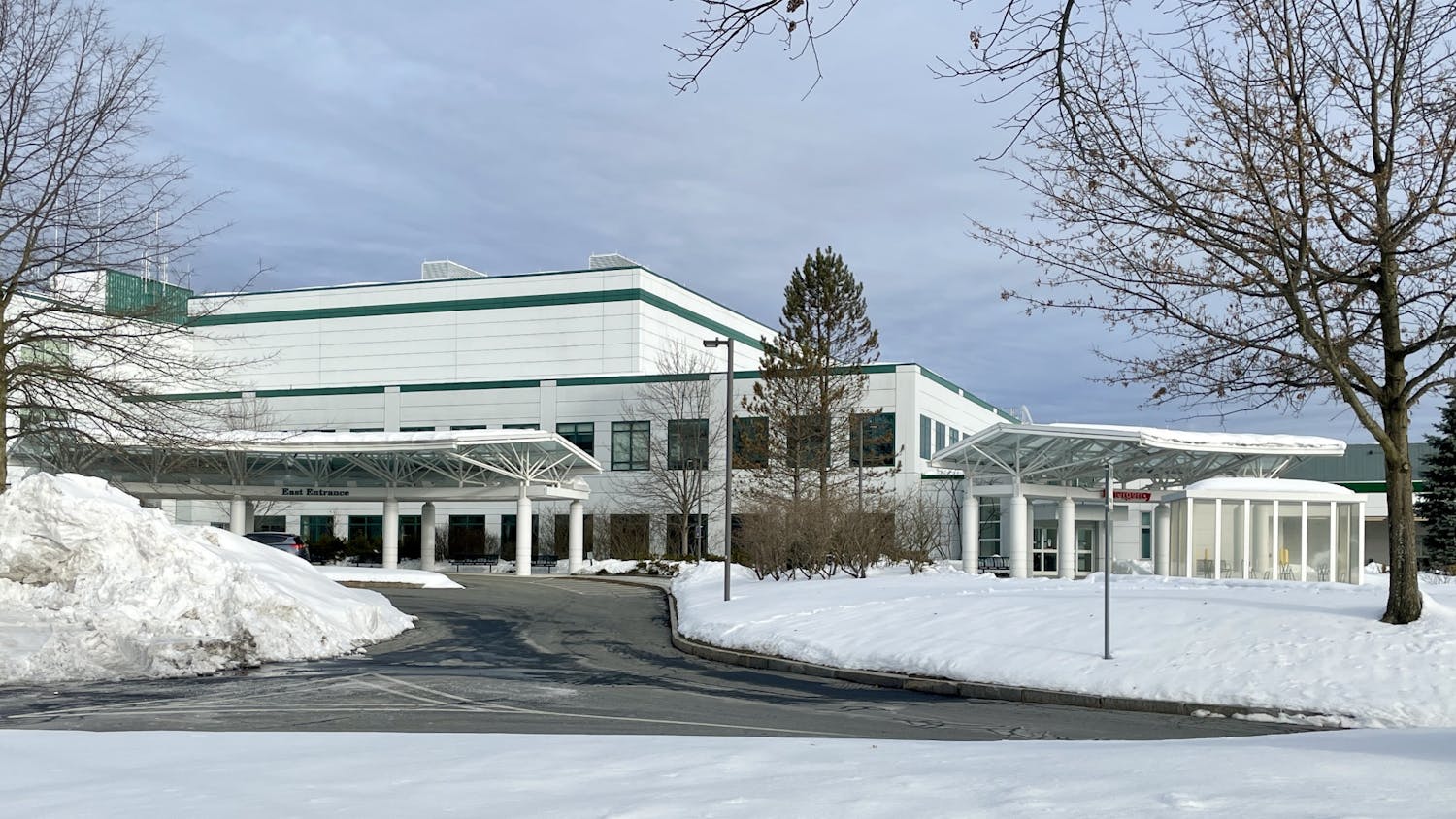A small group of students is working tomake Latino Studies a permanent part of the College's curriculum.
Representing this group, Ana Henderson '94 had separate meetings with College President James Freedman and Dean of the College Lee Pelton yesterday.
The meetings were the latest result of Henderson and her group's efforts to petition the College to retain the four Latino Studies courses currently offered.
Henderson said Freedman commented on the courses' high enrollments.
Henderson and other students have met with other administrators including Provost Lee Bollinger, Dean of Faculty James Wright, Associate Dean of Faculty Mary Jean Green and Associate Dean of Faculty George Wolford, she said.
Such courses are the only way to get students tuned in to the issues surrounding the Latino population, Henderson said.
Spanish language classes are a prerequisite for Spanish department courses on Latino literature, she said.
Wolford said the College has yet to make a decision.
"We're wrestling with the issue," Wolford said. "It's a complex issue."
Wolford said the College must deal with several such requests from students who want curriculum changes to address various areas of study.
Henderson acknowledged the College's dilemma.
"The difficulty now is Dartmouth has a finite amount of resources and a lot of things people are asking for," she said.
Currently, the College offers four Latino Studies courses, all taught by visiting Mellon Professor Brenda Bright.
These courses are Introduction to Latino Studies, Latinos and Film, Contested Cities: Latino Cultures in Urban Contexts and Latino Popular Culture. This year, 26 students enrolled in each of the four courses except for Latinos and Film, taken by 13 students.
Since Mellon professors only receive funding for two years, Bright is scheduled to teach her last course Spring term of 1996.
"The student response to my courses was really positive," Bright said.
Bright said one of the positive aspects of her courses is that they not only give students a greater understanding of what is happening in American cultural politics vis-a-vis Latino studies but afford a better understanding of ethnic studies in general.
Latino Studies is distinguished from courses in the Latin American and Caribbean Studies Program because it deals with issues relating to people of Latin American origin living in the United States.



